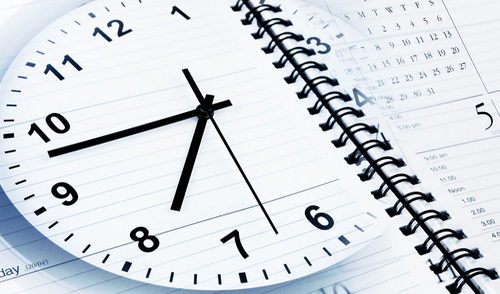The vast majority of us take sleep for granted. It is just something that we do, like eating or taking a shower. But — as we have learned — getting a good night’s sleep is a problem of major proportions for a substantial part of our population. Studies have found that 36% of American adults have some type of insomnia and 9% have chronic sleep difficulty. In some special groups — shiftworkers or psychiatric patients — the prevalence is closer to 65%.
What is insomnia?
Insomnia is the inability to fall asleep, stay asleep, or to sleep well. It is safe to say that almost all of us suffer from it in one form or another at some time in our lives. Some people are inclined to suffer insomnia during times of stress, much as other people might suffer headaches or indigestion. A troubled marriage, a sick child, or an unrewarding job can often disrupt people’s sleep. However, we tend to be troubled by the unusual, the uncommon, the unfamiliar things that occur in our lives — and so, passing changes in our sleep patterns alarm us.
The effects of insomnia are predictable. If sleep is reduced to five hours per night, even if only for a span of two nights, alertness, vigilance, and creativity all suffer. Sleepy people are less ambitious and less productive. Their performance on cognitive tasks involving memory, learning, logical reasoning, arithmetic calculations, pattern recognition, complex verbal processing, and decision-making has been shown to be impaired by sleep loss.
Still, most of us will find that with the passing of the external event causing insomnia, or with some simple changes in habit, regular sleep returns. However, for some, the solution is less simple.
What are the major types of chronic insomnia?
There are five major categories, each with its own treatment regime. 1. Psychiatric insomnia is the most common (35%) and is caused by psychiatric disorders with depression and anxiety being the resulting symptoms. 2. Stress-conditioned insomnia affects 15% of chronic sufferers with stress at the root of their problem and their symptoms fluctuate throughout the year as a reaction to life events. Many of these patients “try very hard” to fall asleep, but the ensuing anxiety and tension serve to arouse them further and, frequently, the sleep problem continues even after stressful life events are long since past. 3. Physiological insomnia occurs in about 30% of chronic insomnia patients. With these sufferers, the root cause of their insomnia is from leg jerks, breathing problems, pain-related disorders (such as arthritis), or internal body clock disorders. 4. Poor sleep habit insomnia is found both as a “stand alone” disorder and at other times as part of other disorders. This type of insomnia (15%) is associated with alcoholism, addiction to sleeping pills and/or other drugs, excessive caffeine use, and irregular sleep schedules. 5. Pseudo-insomnia affects 10% of the chronic insomniacs and describe those who are convinced they are not sleeping when in actuality they are. For these pseudo-insomniacs, denial of the facts may be a strategy to avoid facing underlying psychological problems.
How is insomnia treated?
For depression or anxiety-induced insomnia, when the depression or anxiety is treated through a comprehensive psychiatric approach, the insomnia disappears. For stress-induced insomnia, undoing the vicious cycle of negative conditioning and substituting a positive approach to sleeping improves most of these patients in five weeks.
Most sleep doctors will ask an insomniac suspected with having poor sleep habits to keep a dairy, a record of sleep-wake behavior for several weeks. In many cases, this will provide insights into the cause of the insomnia and allow for a treatment involving good sleep hygiene. With the aid of an overnight sleep study, doctors can further determine if an insomniac’s body clock needs to be adjusted and, if so, chronotherapy may be used for some types of insomniacs. With this technique, the insomniac’s bedtime is delayed each night to later hours, literally taking bedtime around the 24-hour cycle until eventually an earlier bedtime is achieved.
Sleeping pills or medications are generally most effective for short-term, non-chronic insomnia. Or, they may be used on a short term basis for chronic insomniacs before another treatment plan begins. However, in chronic insomniacs, non-drug techniques are more effective. Because of this, sleeping pill usage is on the decline.




 Take the simple test to find out if you could have a sleep disorder.
Take the simple test to find out if you could have a sleep disorder.
 Do you fall asleep more easily than others? Take this simple test to find out if you are excessively sleepy.
Do you fall asleep more easily than others? Take this simple test to find out if you are excessively sleepy.